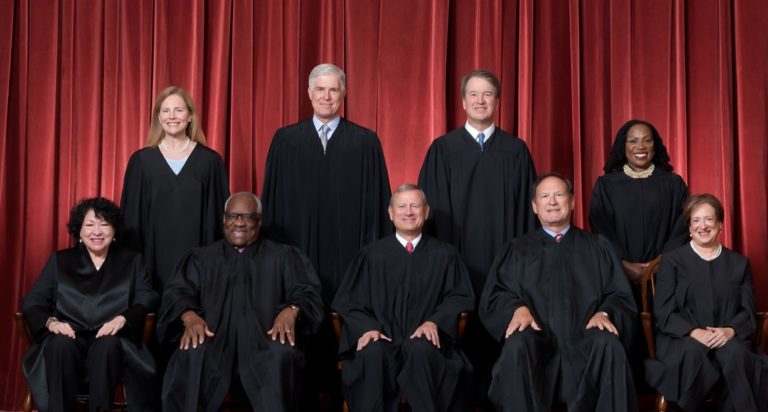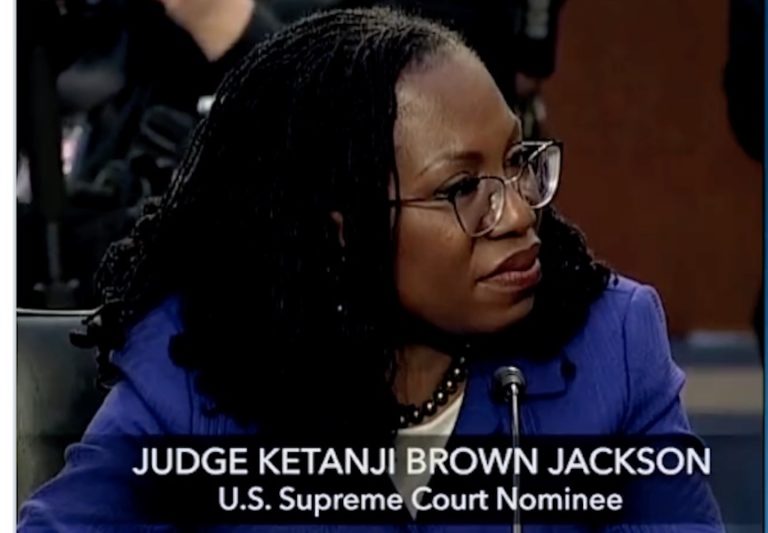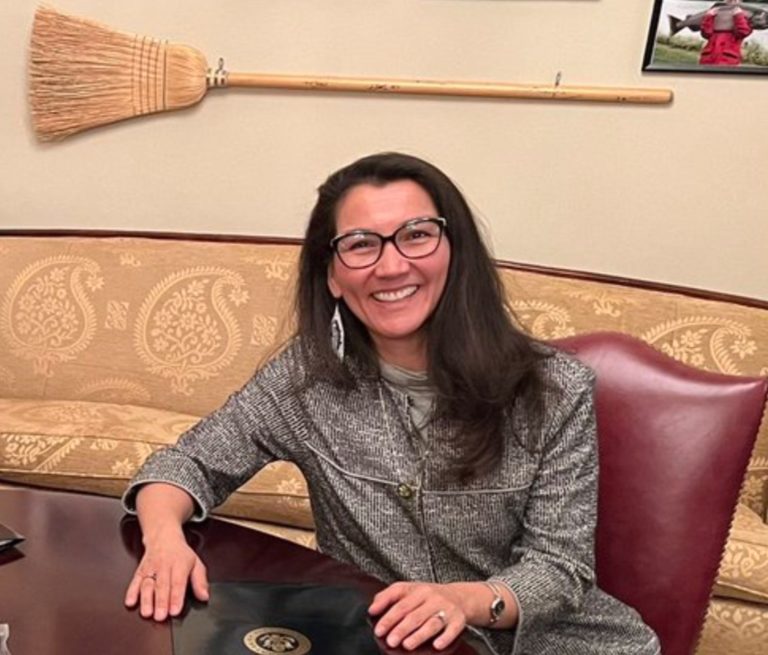By DANIEL TURNER | POWER THE FUTURE
Although America’s energy producers are already under daily attack from the Biden administration, the eco-left is not content to limit their crusade to Washington DC. They are funding local groups in energy producing states to put in place endless hurdles to responsibly extracting energy. While the tactics may differ by the state, they all share the same goal: stopping domestic production and American energy independence at the source.
In Louisiana, known as one of the nation’s worst “Judicial Hellholes,” environmentalists are achieving their goals through countless frivolous lawsuits. For example, last year, Deep South Center for Environmental Justice, Sierra Club, and Healthy Gulf filed a lawsuit challenging a permit for a liquefied natural gas (LNG) facility that exports American natural gas to reduce dependence on Russian energy abroad.
Although this lawsuit was ultimately tossed out by a state judge, the costs and headaches of the legal system create delays that can kill vital projects.
Activists in Pennsylvania are pursuing a similar strategy. The Philadelphia-based Clean Air Council seeks to “stop using fossil fuels” by suing plants across the Commonwealth to tie them down in endless litigation. This extreme group is funded by the national Energy Foundation, which is the largest recipient of grants from the foreign-funded Sea Change Foundation – a group whose funding has been tied to a Russian state-owned oil company.
Meanwhile, in New Mexico, activists are taking advantage of a green ally in the governor’s office to jam through reckless mandates. Radical groups like the Center for Civic Policy and Conservation Voters have been cheerleaders for Governor Lujan Grisham as she passed a “mini-Green New Deal” and crippling regulations on the oil & gas industry.
In Alaska, environmentalists are pushing to kill energy production through massive tax hikes. Despite oil and gas making up one half of Alaska’s entire economy, green groups have been working to pass a 40% tax on oil and gas production that would devastate Alaska’s energy industry and the local economy.
To punish privately held companies that can’t be easily browbeat into their climate agenda through public pressure campaigns, they also proposed targeting these oil & gas companies with even higher tax increases.
The Alaska Center – previously known as the Alaska Center for the Environment – is one of the main drivers of this campaign, and they nearly succeeded in recent months. They are funded by national climate groups like the League of Conservation Voters and Tides Advocacy Fund and work to help elect allies in the state legislature that will do their bidding. They also work closely with the radical group Sierra Club, whose Executive Director Ben Jealous is slated to visit Alaska later this Summer.
While Alaska Governor Mike Dunleavy is widely respected nationally for fighting for American energy independence, jobs, and lower energy costs for Alaskans, these extreme groups are mobilizing to kill his vital projects that achieve these critical goals.
(RELATED: DAVID BLACKMON: Another Silly Outburst From The ‘Green’ Globalists)
In 2020, before President Joe Biden took office, America was a net energy exporter. Now, America is once again dependent on imports, consumers are stuck with unaffordable energy costs, and our President fecklessly begs Saudi Arabia for oil. This won’t change without new leadership in the White House, but that won’t be sufficient. The eco-left is fighting a multi-front war on American energy. Restoring American energy independence won’t be possible unless we engage in it at every level.
Daniel Turner is the founder and executive director of Power The Future, a national nonprofit organization that advocates for American energy jobs. Twitter: @DanielTurnerPTF. This column first ran at The Daily Caller.








